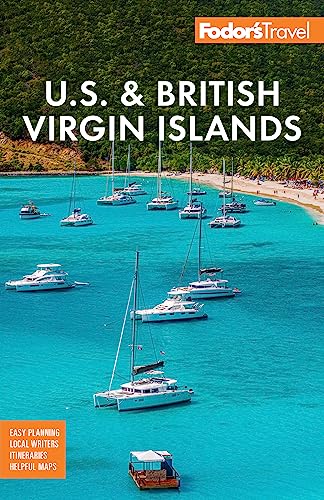American or British?
Yes, the Union Jack flutters overhead in the tropical breeze, schools operate on the British system, place names have British spellings, Queen Elizabeth II appoints the governor—and the queen's picture hangs on many walls. Indeed, residents celebrate the queen's birthday every June with a public ceremony. You can overhear that charming English accent from a good handful of expats when you're lunching at Road Town restaurants, and you can buy British biscuits—which Americans call cookies—in the supermarkets.
But you can pay for your lunch and the biscuits with American money because the U.S. dollar is legal tender here. The unusual circumstance is a matter of geography. The practice started in the mid-20th century, when BVI residents went to work in the nearby USVI. On trips home, they brought their U.S. dollars with them. Soon they abandoned the exchange system, and in 1959 the U.S. dollar became the official currency. Interestingly, the government sells stamps for use only in the BVI that often carry pictures of Queen Elizabeth II and other royalty with the monetary value in U.S. dollars and cents.
The American influence continued to grow when Americans began to open businesses in the BVI because they preferred its quieter ambience to the hustle and bustle of St. Thomas. Inevitably, cable and satellite TV's U.S.–based programming, along with Hollywood-made movies, further influenced life in the BVI. And most goods are shipped from St. Thomas in the USVI, meaning you can find more American-made Oreos than British-produced Peak Freans on the supermarket shelves.




